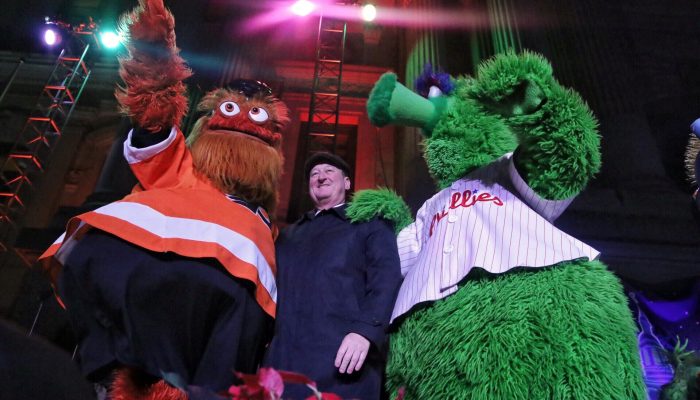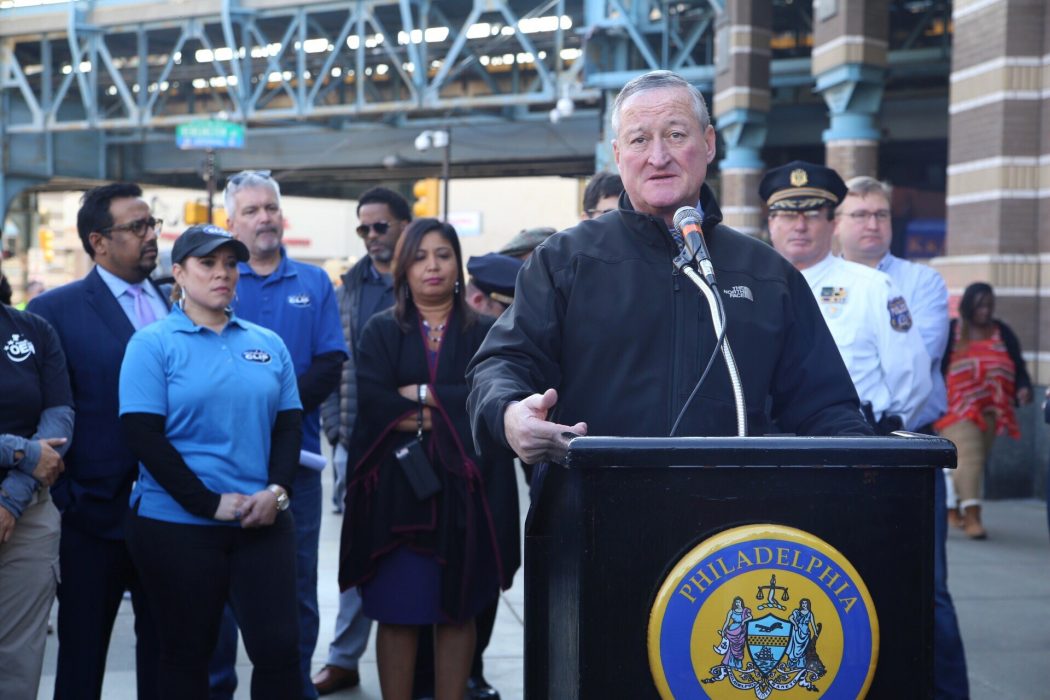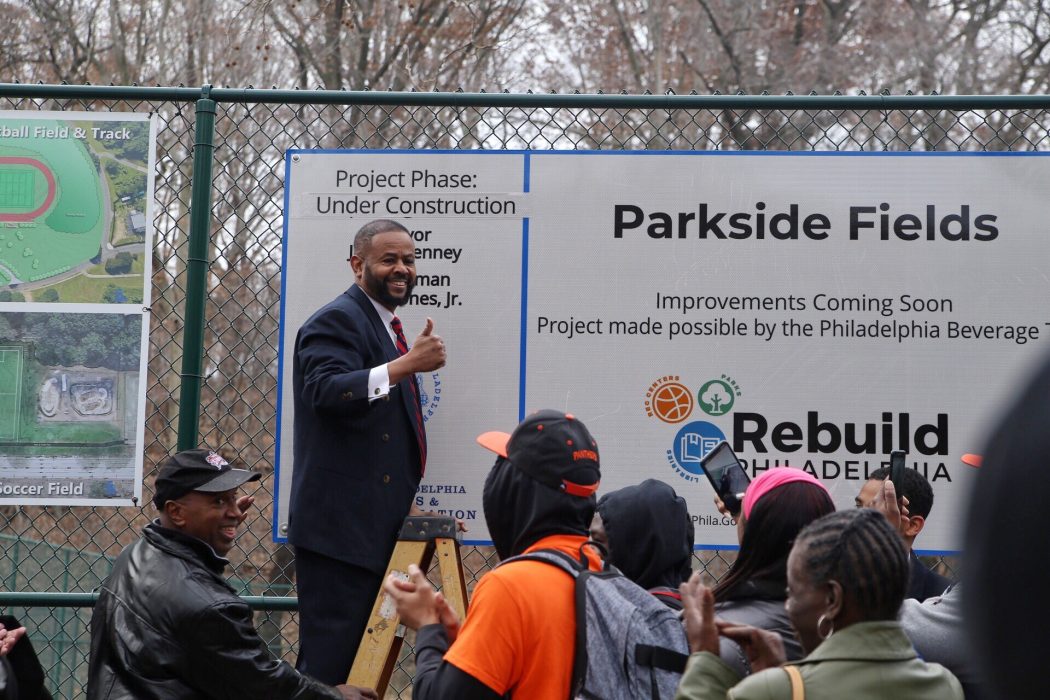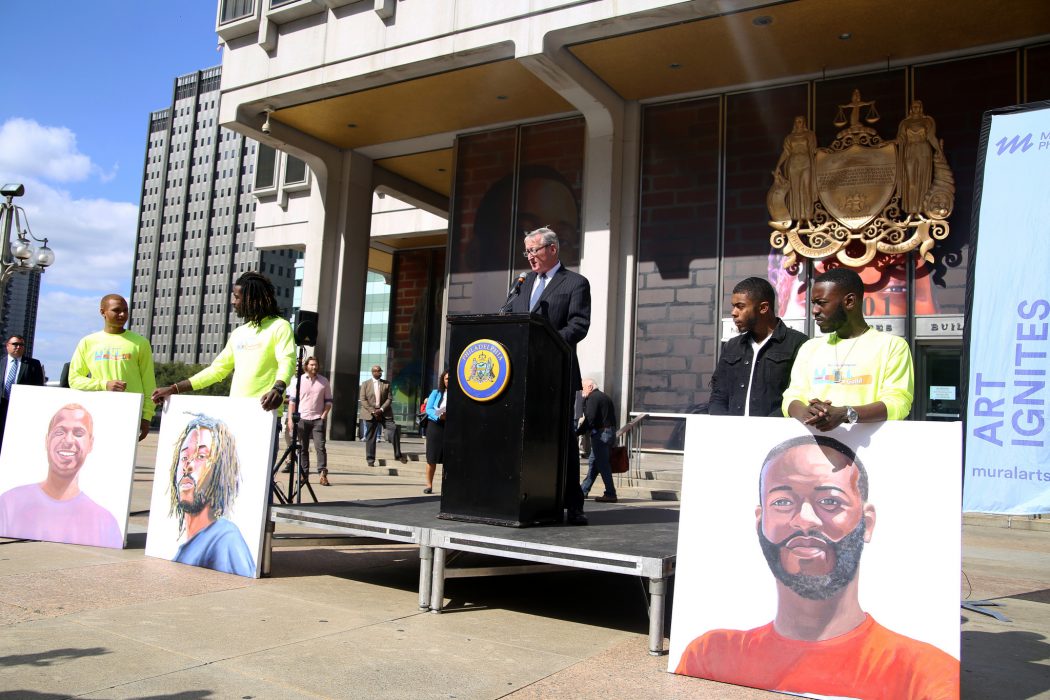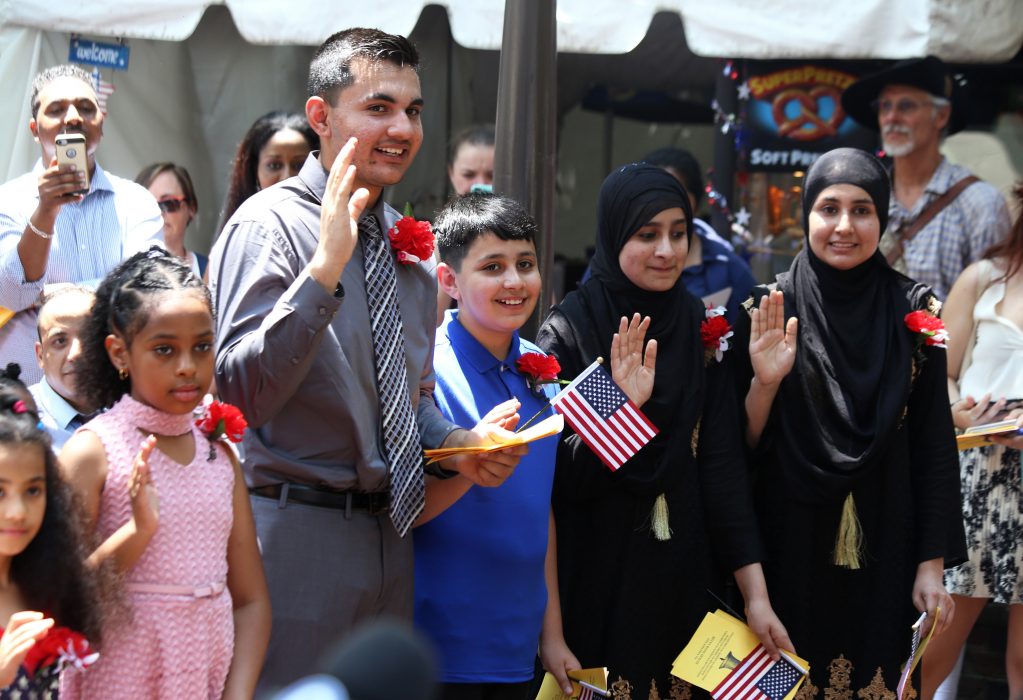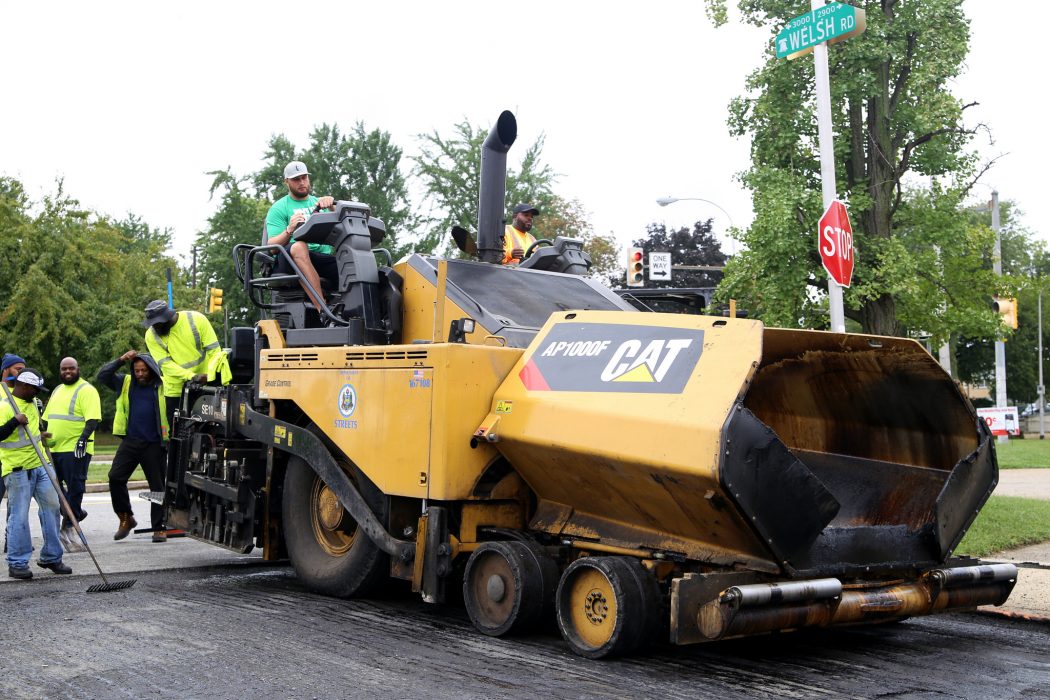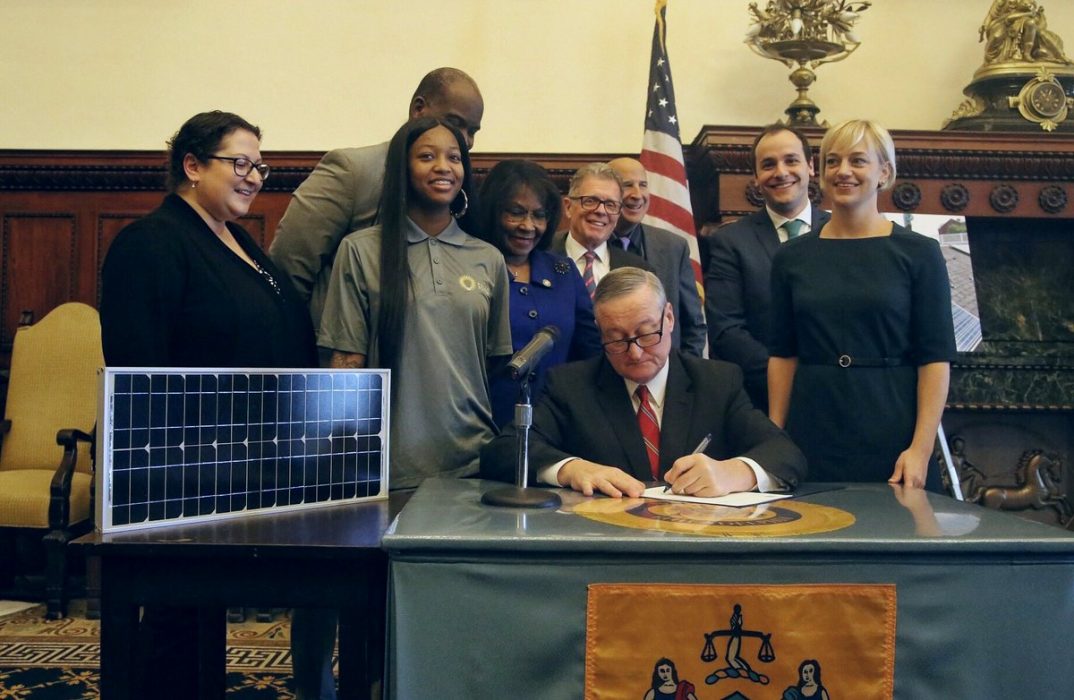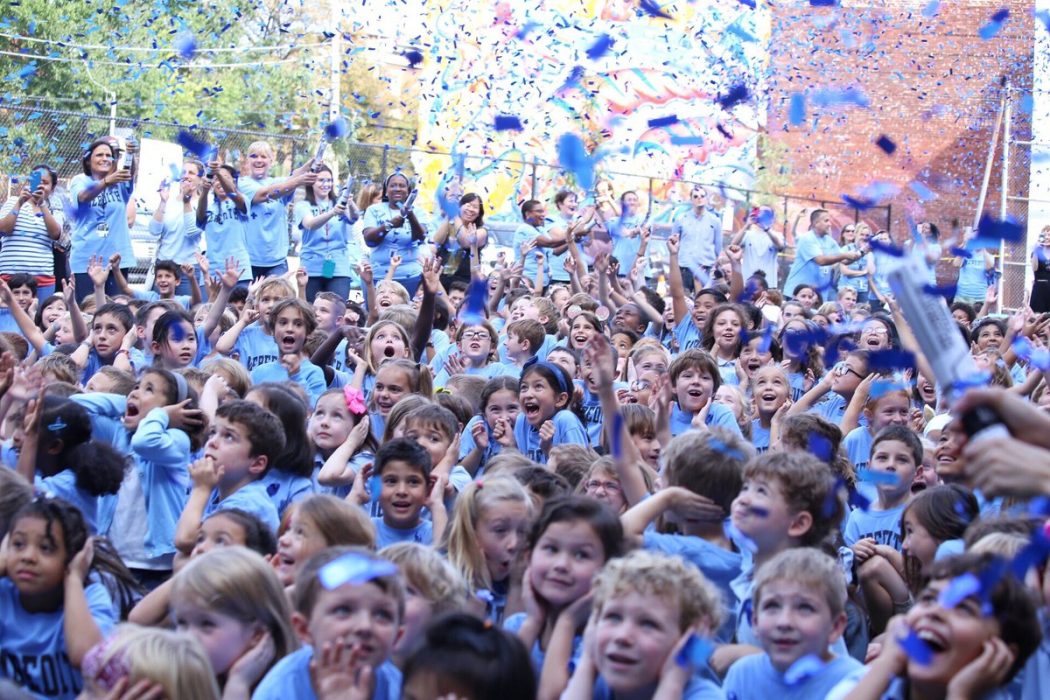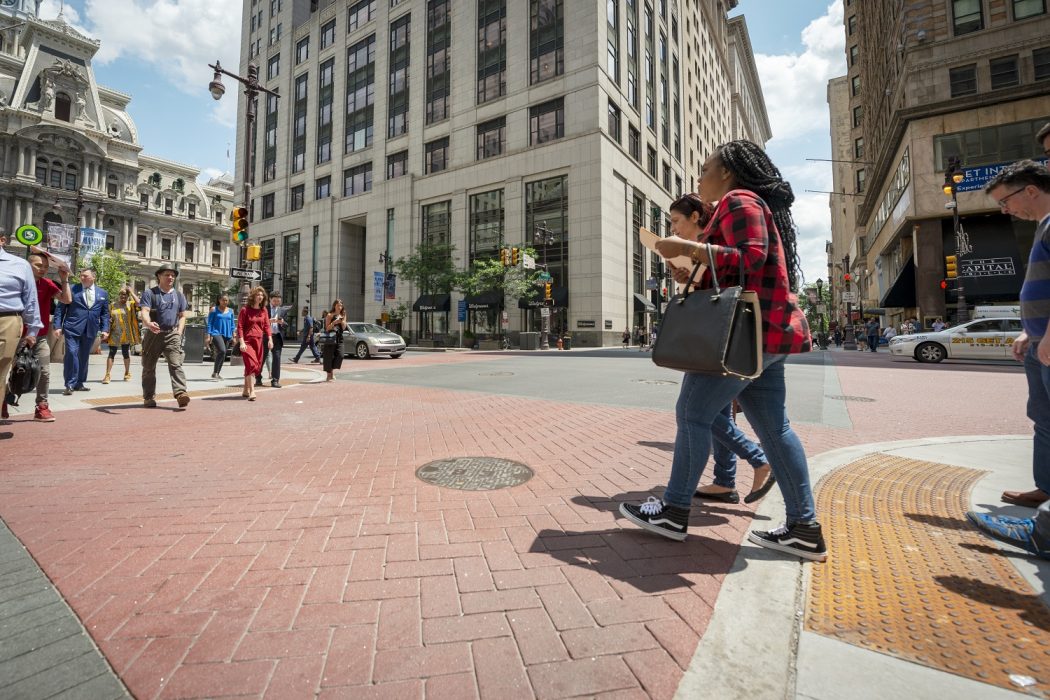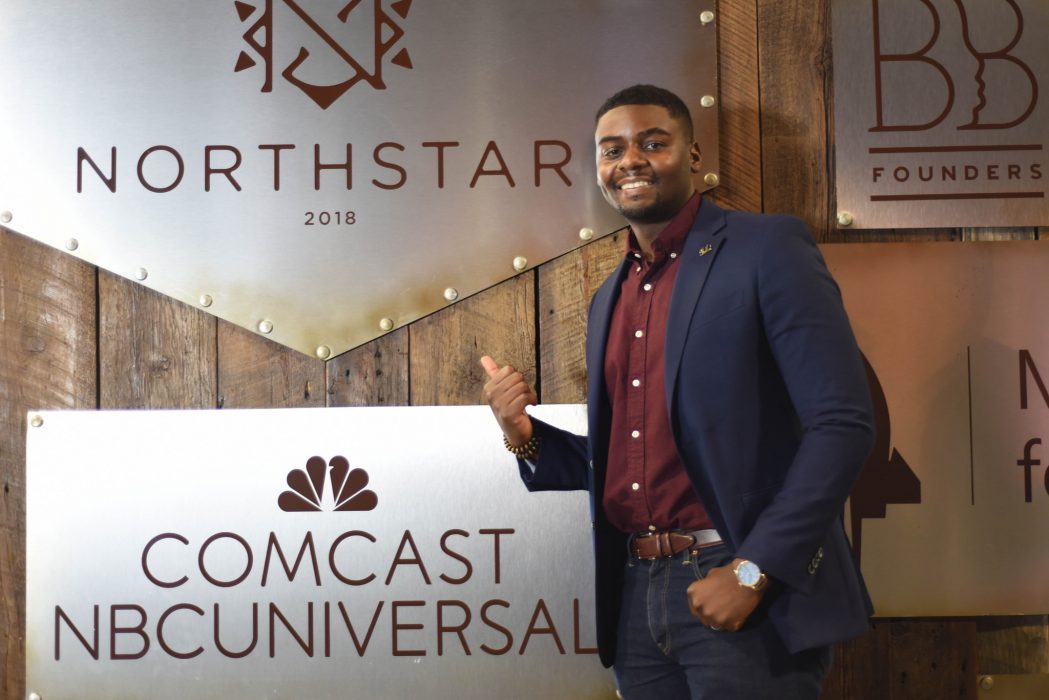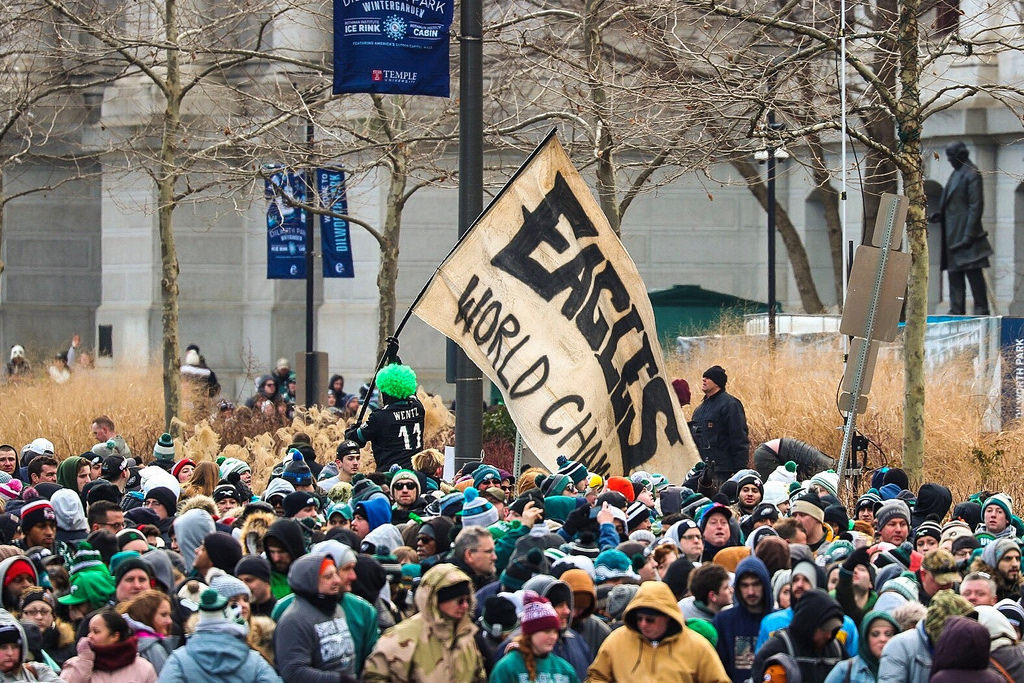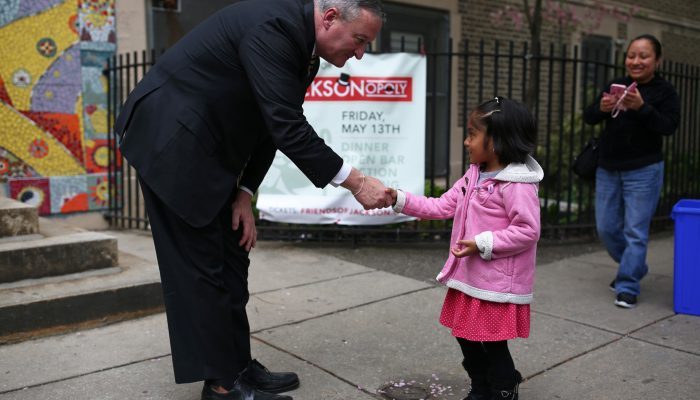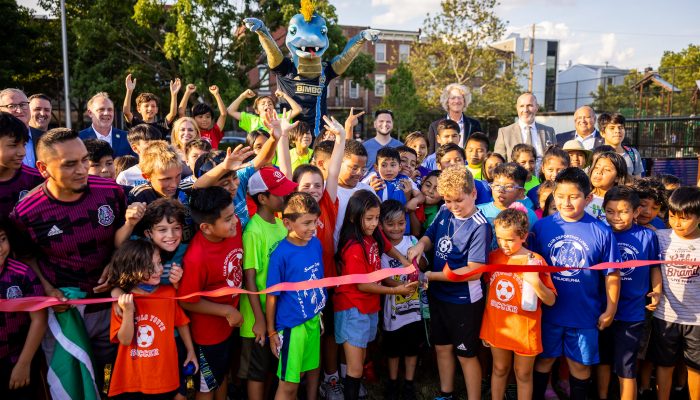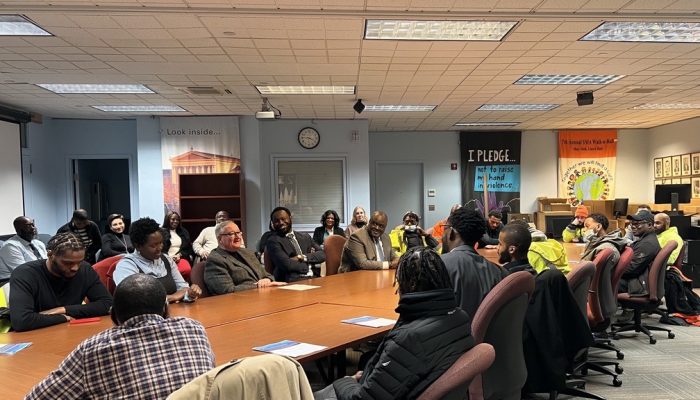We’re accustomed to looking forward as we develop policies to shape Philadelphia’s future. The end of the year provides a perfect opportunity to look back at the past 12 months and recognize the work that’s supported our mission.
Spoiler: We focused on equity for all Philadelphians, and the momentum we built in 2018 will guide us in 2019.
Here, in no particular order, are 10 of our biggest moments of 2018!
Launched an emergency response to the opioid crisis that has resulted in the closure of three encampments, two large-scale cleanups of over 120 blocks, and hundreds being connected to behavioral health services and treatment.
In October 2018, Mayor Jim Kenney signed an executive order to combat the opioid crisis. Through the work of 35 City offices, the Philadelphia Resilience Project is addressing the most pressing needs and the most critical neighborhoods, Kensington and the surrounding areas.
Fully implemented Philadelphia Beverage Tax–funded programs after the Pennsylvania Supreme Court upheld it.
We didn’t let the legal complications stop us: In 2018, we served 2,250 students through our PHLpreK program, supported 12 community schools, and announced our first round of Rebuild sites.
After the ruling, we immediately made plans to add another 1,000 seats in pre-K classrooms and three more community schools, and by December, we had shovels in the ground for a major Rebuild project at Parkside Fields.
Announced the closure of the House of Correction (HOC) amid ongoing criminal justice reforms.
This was possible because we achieved decreases in our prison population through safe criminal justice reform measures, such as reducing our reliance on cash bail and increasing diversion programs. Community arts initiatives and other programs shown to reduce recidivism, like those through Mural Arts, are also part of ongoing efforts.
Since we started reforms in 2015, we’ve safely reduced Philadelphia’s jail population by 42 percent.
Convened like-minded cities for an immigration summit to share our work in protecting our residents and keeping Philadelphia a welcoming city.
We had a lot to discuss. This year we ended the much-debated PARS agreement with ICE, and we won a lawsuit against the Trump administration’s Justice Department to keep our welcoming city status without unjust penalty from the federal government.
Hired an environmental crimes detective to catch illegal dumpers and a new paving crew to improve our neighborhood streets.
We hired an environmental crimes detective to crack down on the worst offenders of illegal dumping — many of whom are affiliated with construction companies that should be using legal resources to dispose of their waste. Illegal dumping brings massive amounts of litter to our neighborhoods, and it costs the city $8 million every year to clean up.
We also added a second paving crew, which helped us fill a record 60,000 potholes in 2018, and budgeted $178 million to repave streets over the next several years.
Signed an agreement to buy solar energy for 22 percent of the City government’s power.
Also on the sustainability front: Our new building codes support environmentally sound and safe construction standards — making us a national leader — and Mayor Jim Kenney reaffirmed that Philadelphia would uphold the Paris Agreement, regardless of the actions of President Trump and the federal government.
In addition, the Office of Sustainability demonstrated that the environment has an effect on equity. Where you live in Philly affects how you experience heat in the summertime; some neighborhoods are much hotter than others. So, we started focusing on addressing this disparity.
Appointed members to the Board of Education for the now–locally controlled School District of Philadelphia.
Mayor Jim Kenney appointed the nine members in April, and they met for their first meeting in July. The Board of Education oversees Philadelphia schools and reports to the mayor — marking local control of our schools for the first time since 2001.
As a result of the long-term stability a mayor-appointed school board and local control has on the District’s finances — and the pledged financial support of City Council and the Mayor’s Office — Moody’s upgraded the District’s bond rating to an investment-grade for the first time in over 40 years. This will save the District millions in the long-term as its credit rating continues to improve, enabling more money to go directly to classrooms.
Added state-of-the-art accessibility and pedestrian safety improvements on South Broad Street, installed new bus shelters, and legalized speed cameras on Roosevelt Boulevard.
People now enjoy a safer experience on busy South Broad Street thanks to new crosswalks and curb cuts, while bus riders around the city are seeing transit improvements with shelters that keep them dry and safe. The State also passed legislation to legalize automated speed enforcement cameras along the city’s most dangerous thoroughfare, Roosevelt Boulevard. And the Vision Zero Elementary Lesson Plan teaches kids about traffic and bike safety, fostering safe habits as they grow up.
The improvements on South Broad Street were paid entirely with red light camera funds; we picked those intersections because they are the most used pedestrian intersections in the entire city.
Developed programs, such as the new LGBTQ Leadership Pipeline, to encourage equity and opportunity for all Philadelphians.
The LGBTQ Leadership Pipeline aims to ensure representation of LGBTQ people of color, transgender people, youth, and elders in board leadership positions at Philadelphia’s LGBTQ organizations.
And, we hosted our first Project NorthStar conference, a tech convening for Black and Brown professionals and startup leaders, which addresses equality in the tech industry.
Hosted a Super Bowl parade.
Can’t forget that one. Best. Day. Ever.
We’re looking forward to another year of working for this great city.

